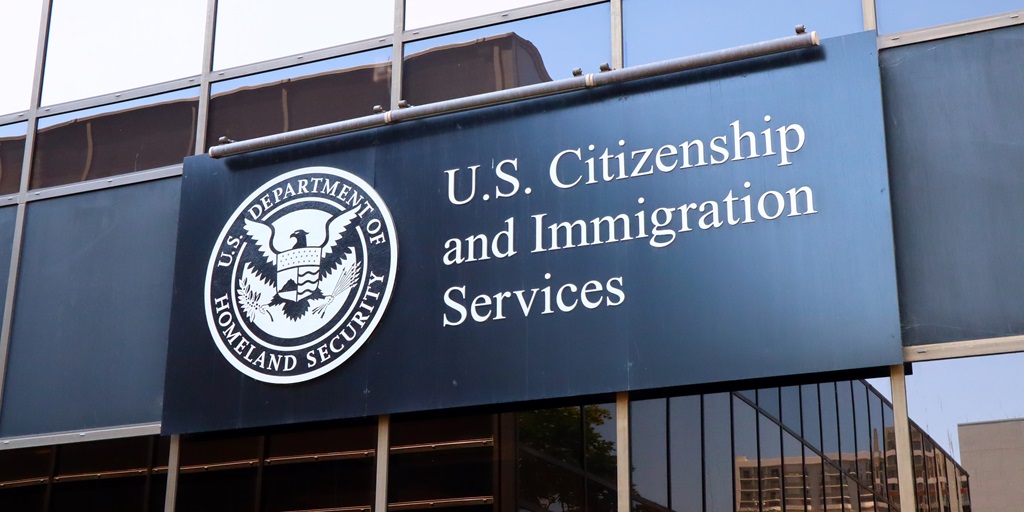The Trump administration directed U.S. Citizenship and Immigration Services (USCIS) under the Department of Homeland Security to broaden how officers evaluate the citizenship good moral character standard for lawful immigrants seeking naturalization, according to CBS News and other major outlets. On August 15, USCIS issued guidance telling adjudicators to consider more factors when reviewing applications.

Until now, applicants were considered to meet the requirement if they had no major criminal record such as murder, felonies, drug crimes, or habitual drunkenness. The new policy requires officers to go beyond criminal history and examine qualities such as community involvement, family care and ties, education, stable and lawful employment, length of residence in the United States, and tax compliance.
Even without a criminal record, certain behavior can still count against an applicant. Examples include habitual and reckless traffic violations, harassment, or coercive panhandling. Officers are also told to check documents related to past violations, such as probation records, unpaid taxes, and child support compliance.
Matthew Tragesser, chief spokesperson for USCIS, said the change is part of the Trump administration’s effort to “restore the integrity of the citizenship system,” adding that U.S. citizenship “should be granted only to the best of the best in the world.”
Critics warn the guidance could deter lawful immigrants from applying and pressure officers to find new reasons for denial. Doug Rand, a former senior official at USCIS during the Biden administration, said that pulling minor issues such as traffic violations into the process distorts the meaning of good moral character and expands rejection grounds.
Immigrant community groups also expressed concern that applicants may now have to show not just legal compliance but also measurable contributions and character traits. They argue the vague standards give adjudicators wide discretion, making outcomes less predictable.
Lawful permanent residents generally become eligible to apply for naturalization after three to five years, depending on the case. They must pass English and civics tests and prove good moral character. USCIS data shows that between 600,000 and 1 million immigrants have naturalized each year over the past decade.
BY NAKI PARK [park.naki@koreadaily.com]




